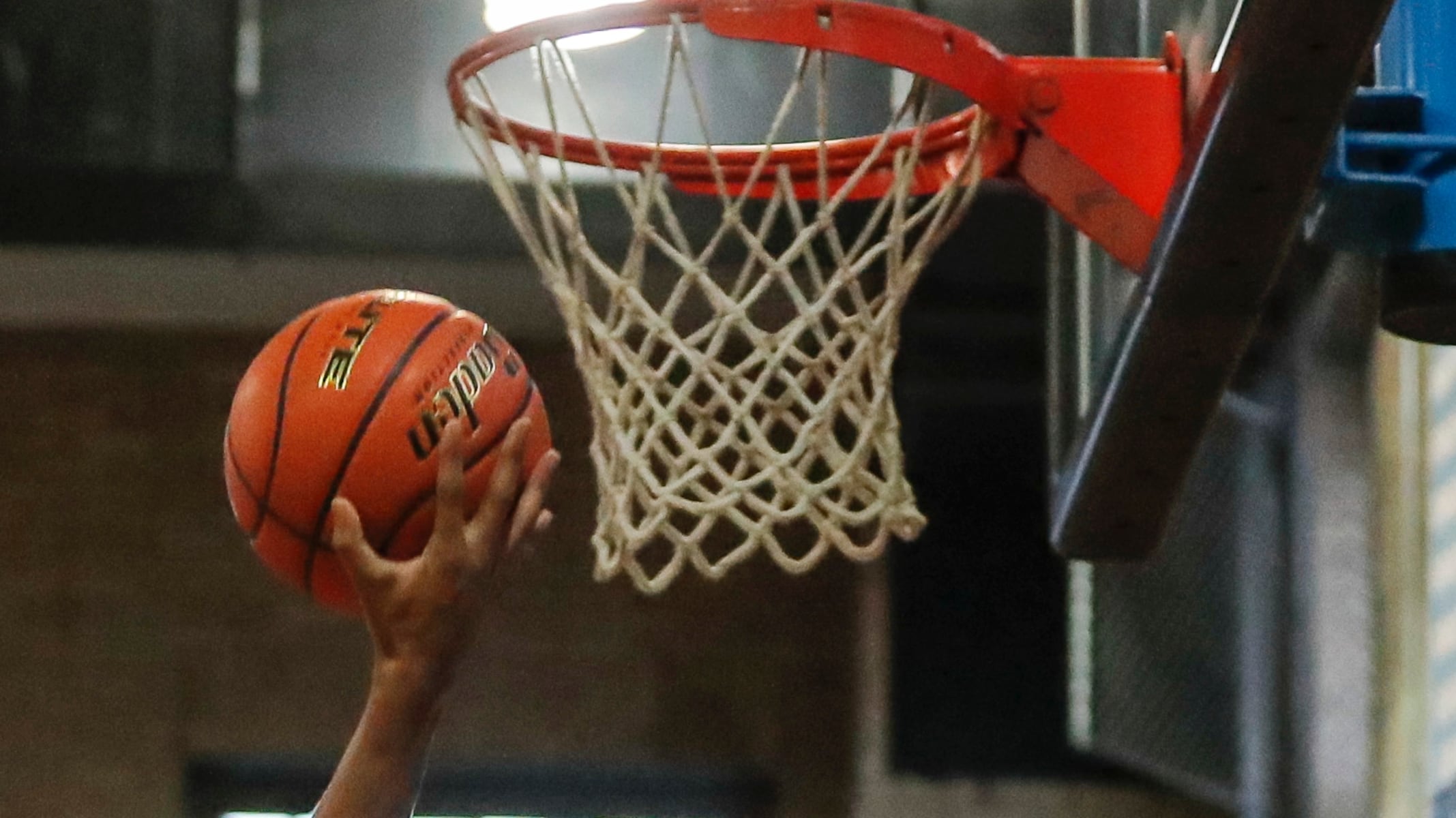iPhone Air Sells Out in China Just Hours After Launch

UPDATE: The iPhone Air has sold out across multiple online platforms in China just hours after pre-orders began on October 13, 2023. This explosive demand comes as Apple Inc. strengthens its foothold in a key market, despite facing regulatory hurdles and fierce competition from local giants like Huawei Technologies Co..
The device, celebrated for its ultra-thin design and cutting-edge features, defies earlier forecasts of a lukewarm global reception. Reports from the South China Morning Post indicate that pre-orders on Apple’s official online store and major platforms such as Tmall sold out rapidly, with some models experiencing delivery delays of up to several weeks. This rapid sellout highlights the enduring appeal of the Apple brand in China, even amidst ongoing trade tensions and domestic preferences favoring local technology.
Tim Cook, Apple’s CEO, recently visited Beijing, coinciding with the pre-order launch, which may have amplified consumer excitement. During his trip, he underscored Apple’s commitment to the Chinese market on Weibo, a popular social media platform, likely boosting public sentiment toward the brand.
Industry experts point to several key factors driving this unprecedented demand. The iPhone Air’s innovative features, including enhanced battery life and a sleek profile, resonate with the growing trend of premium, lightweight gadgets. Social media buzz, particularly on X (formerly Twitter), reflects heightened anticipation, with many users celebrating the sellout as a sign of renewed interest in Apple products within Asia’s largest economy.
However, this success in China starkly contrasts with reports of underwhelming performance in other regions. A recent analysis from MacRumors, citing Mizuho Securities from Japan, suggests that Apple plans to reduce production of the iPhone Air due to disappointing demand in Western markets. The firm estimates an adjustment that could lower overall iPhone 17 series production forecasts to 94 million units by early 2026. This disparity underscores the fragmented landscape of the global smartphone market.
For Apple, the sellout in China signifies a vital victory. The company has been working to diversify its manufacturing away from China, but this market remains crucial, accounting for a substantial portion of its revenue. Cook’s recent engagements, including meetings with local developers and officials, indicate a renewed strategy to strengthen ties in the region.
Looking ahead, this momentum could influence Apple’s broader business strategies. As competitors like Samsung Electronics Co. reportedly delay similar ultra-thin device launches due to poor sales projections, Apple might leverage its Chinese triumph to refine global marketing and production tactics. Analysts from 9to5Mac suggest that the delayed launch in China following initial releases last month created a sense of scarcity and exclusivity, further fueling consumer interest.
Beyond immediate sales figures, the iPhone Air’s performance in China may set industry trends. With upcoming innovations such as advanced AI integration and foldable prototypes on the horizon, Apple is positioning itself at the forefront of technological advancement. Sustaining this demand will require adept navigation of ongoing U.S.-China trade tensions and competition from affordable alternatives.
This episode reaffirms Apple’s resilience. While production adjustments signal caution, the swift sellout in China suggests significant untapped potential in emerging markets. As Apple continues to evolve its product lineup, the iPhone Air’s journey may serve as a case study in targeted market strategies, blending technological excellence with cultural insights to foster consumer loyalty.
In summary, the iPhone Air’s remarkable performance in China is a testament to Apple’s enduring strength in a challenging market, setting the stage for future innovations and strategic developments. Stay tuned as this story unfolds.






